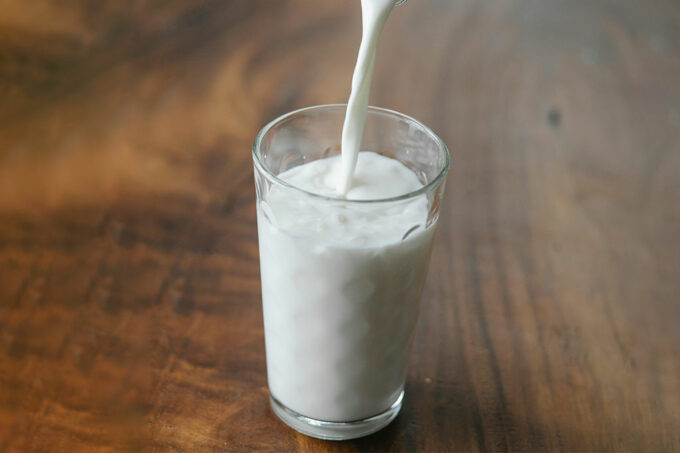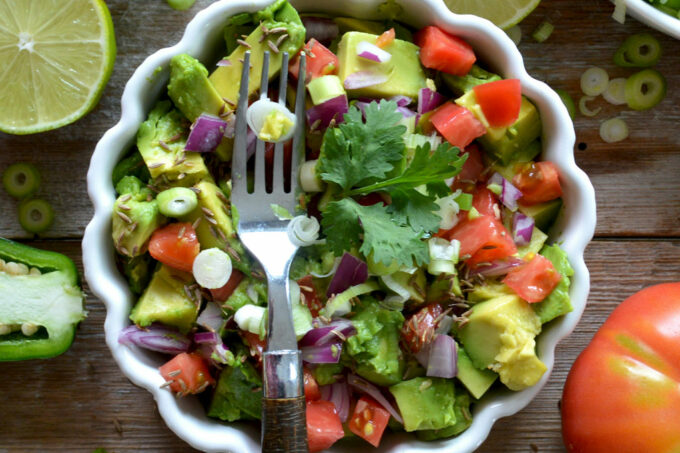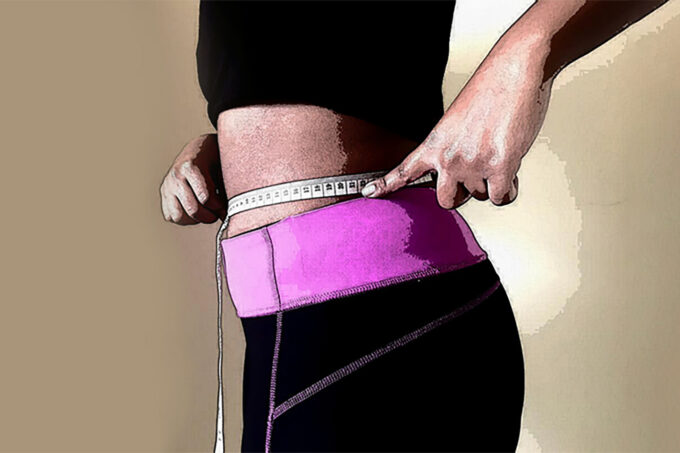“All things are poison and nothing is without poison; only the dose makes a thing not a poison“
Paracelsus (the Father of Toxicology; 1493-1541)
Alcohol perfectly illustrates the above statement. Moderate consumption of alcohol seems to have some benefits for the heart and circulatory system in particular – although the evidence for this is not all that strong. Red wine is special in that it has various compounds (phytochemicals) with health benefits such as killing cancer cells, helping reduce risk of heart disease and stroke, preventing formation of blood clots, lowering LDL (“bad”) cholesterol, and increasing HDL (“good”) cholesterol. However, these same benefits can be obtained from drinking red grape juice or eating red grapes, without the hazards of alcohol.
Heavy drinking on the other hand has so many negative short and long-term effects including injury and death from traffic accidents, damage to the liver and heart, harming an unborn child (fetal alcohol syndrome), increasing the chances of developing breast and some other cancers, contributing to depression and violence, and interfering with relationships.
But exactly what is moderate? What is heavy? To the best of our knowledge, Uganda does not yet have guidelines or recommendations on limits of alcohol intake in terms of units or volume of alcohol Borrowing from the UK, the most recent recommendation is not more than 14 units per week. A (UK) unit of alcohol is 10ml of pure alcohol. The table below shows the alcohol content and the alcohol unit equivalent of some common alcoholic beverages:
| Measure (ml) | ABV* | Alcohol (ml) | Units | |
| Tusker Malt | Bottle, 330 | 5% | 16.5 | 1.7 |
| Nile Special | Bottle/can, 500 | 5% | 25 | 2.5 |
| Club | Bottle, 500 | 4.5% | 22.5 | 2.3 |
| Bell | Bottle, 500 | 4% | 20 | 2.0 |
| Tusker Lite | Bottle, 330 | 4% | 13.2 | 1.3 |
| Wine | Glass, 175 | 13% | 22.5 | 2.3 |
| Spirits | Shot, 25 | 40% | 10 | 1.0 |
*Alcohol By Volume
If one drinks up to 14 units, the recommendation is that they are spread evenly throughout the week, with two alcohol free days. This means you don’t “save” the units to consume on one day; this would be binge drinking or heavy episodic drinking. Binge drinking can be loosely defined as consuming 6 or more units of alcohol in a short space of time.
Alcohol is widely consumed in Uganda; however, what is really alarming is the rate of binge drinking. According to the World Health Organization Global Status Report on Alcohol and Health 2018, two-thirds of males and a third of females aged 15 years in Uganda who consume alcohol are binge drinkers. Amongst teenagers 15-19 years of age who consume alcohol, 71% males and 35% females are binge drinkers. Moreover, about 20% of the admissions at Butabika National Referral Hospital are due to alcohol or other drugs. Thus, considering the long- and short term effects, it is important for us all to play a role in advocating for reduction in alcohol consumption amongst our communities and wherever we have influence.
Pregnant women and women planning to get pregnant are advised not to consume any alcohol at all. It is perhaps useful to know that women do not breakdown ethanol as fast as men do, so other factors held equal (eg weight, rate of consumption) a woman will get drunk faster than a man. This increases the risks for poor choices and poor outcomes for women.
Alcohol can cause undesirable and unhealthy weight gain in several ways. The molecule ethanol, which we generally call alcohol, can be used by the body to generate energy. The body will use any alcohol consumed in preference to fat. Any excess energy from food consumed will then be stored as fat. In fact, alcohol provides more energy than proteins or carbohydrates gram for gram (7 kcal per gram vs 4 kcal per gram). Secondly, consumption of alcohol can lead to poor choices, including poor food choices. Whether or not you will gain weight from alcohol depends on what you drink, how much you drink, how often you drink, what you eat when you drink, and your unique body and lifestyle.
Reducing (or completely stopping) alcohol intake will have immediate benefits, including reduced abdominal fat. Here are some tips to control both alcohol intake and snacking while drinking:
- Become aware of your alcohol intake. Keep a diary if necessary. If your intake is above the recommended limit (based on the UK guidelines), make efforts to reduce to within the recommended limits. Include alcohol free days.
- Avoid ‘binge drinking’. Drinking a large amount of alcohol over a short period of time is significantly worse for your health than drinking small quantities over several days.
- Drinking in rounds (ie when each person buys a round) can mean you end up drinking more than you intended. Opt out and drink at your own pace.
- Have a glass of water (or tonic water or soda water) before your first drink and alternate the alcoholic drinks with water. This will help to prevent you becoming dehydrated. It will also take up some of the time you would have spent drinking and will also fill you up. The result will be that you take less alcohol.
- Do not drink on an empty stomach, as this can lead to getting intoxicated much faster, and may also lead to snacking. Eat a healthy meal before you start drinking so you’re not tempted to go for the less healthy options.
- Try partnering with a friend to cut back on alcohol, as you’ll be more likely to stick to it when you have moral support.
- Try as much as possible to delay the time you start drinking. For example, if you normally start straight from work, choose to first go home and freshen up so that you start some hours later.
- Women should never try to drink at the same pace as the men they are hanging out with. The outcome will be disastrous socially, psychologically and in terms of physical health.
If you feel you are struggling with excess abdominal fat, test the effectiveness of making a small healthy lifestyle choice: stop alcohol for even just two weeks – you will see a difference!
Resources
- Uganda National Alcohol Control Policy, Ministry of Health, November 2019.
- Kabwama, S.N. et al. Alcohol use among adults in Uganda: findings from the countrywide non-communicable diseases risk factor cross-sectional survey, Global Health Action 2016; 9:1, doi:10.3402/gha.v9.31302
- Global status report on alcohol and health 2018. Geneva: World Health Organization; 2018.
- The Drink Aware website has very useful information and support for anyone who wants to change the way they drink.
- https://www.drinkaware.co.uk/
- https://www.drinkaware.co.uk/facts/alcoholic-drinks-and-units/what-is-an-alcohol-unit#lowriskdrinkingguidelines
Rhona Kezabu Baingana is a nutrition scientist with the Department of Biochemistry and Sports Science, Makerere University, Uganda, with over 20 years’ experience in nutrition. She was a founding member of Uganda Action for Nutrition which transformed into the Nutrition Society of Uganda. Rhona holds a PhD (Makerere University), MSc (King’s College London), and BSc (Southampton University). Rhona is passionate about nutrition and is keen to use her knowledge and experience to support Ugandans eat healthy as part of a healthy lifestyle.




